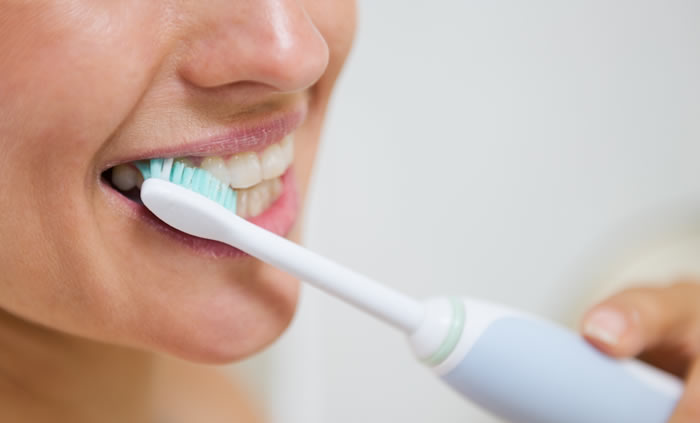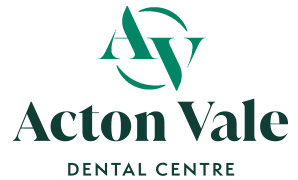A Focused Look At Teeth Cleaning

Most of us do this on a daily basis but how well do we actually clean our teeth?
Whether learning to ride a bike or learn a musical instrument, one of the most important things is to get the basics right. This applies when it comes to looking after our teeth too. Diet is important, as is seeing the dentist at Our Acton dental practice for check ups regularly, but today, we are going to go right back to basics and look at how we clean our teeth.
Most of us will do this correctly, and twice a day, but we would be surprised if, after reading today’s blog, you don’t find at least one or two areas where you could improve on what you already do.
The equipment
As with many things, you need the right tools to do a job properly and cleaning the teeth is no different. We recommend electric toothbrushes as they are more efficient than a manual one, but whichever you use, you should replace the brush or head every three months. Worn bristles will not clean your teeth as effectively.
If you don’t use dental floss, then you should start to do so. As we will see, floss is very effective at reaching into areas that a toothbrush can’t. Most toothpastes will include fluoride, which helps to strengthen tooth enamel but it is worth double checking anyway, especially if you use a ‘natural’ toothpaste. Without fluoride, you can expect to need more fillings due to tooth decay.
The technique
First of all, try to avoid brushing too soon after eating, especially if the food or drink is acidic. These cause the enamel to soften a little and you are more likely to wear the tooth down if you don’t wait half an hour or so. Use soft to medium bristles to brush with. Hard bristles may also cause premature wearing.
Using gentle pressure, brush in a circular motion. Using an electric brush is useful here as many will cut out temporarily if you apply too much pressure. Make sure not simply to brush the flat surface of the tooth but also angle the bristles at a 45 degree angle so that they reach into the gumline, an area where bacteria and food often collects. Take your time, and even better, time yourself. You should brush your teeth for two full minutes. You might think that you already do this but if you set a timer for two minutes you will probably be surprised to find that you have been falling short.
Finally, spit but don’t rinse. It might be tempting to swill your mouth with water afterwards but this will remove some of the fluoride. It is best to wait a while before you eat or drink anything so that the fluoride can do its work.
Neglected areas
While it is important to brush all parts of all teeth, many of us fail to do this and there are a few areas that can be tricky to reach so we may skip that part. The reality though is that tooth decay and gum disease can occur at any point around your teeth and it is good to pay special attention to the following areas.
The gum line – We mentioned this just now, and making sure that the bristles get into the gum line will really help to prevent gum disease especially. Make sure to do this on the inside of the teeth as well as the outside.
Rear of the front lower teeth – The fact that the saliva glands are located near here and gravity pulls bacteria and debris towards this area means that brushing at the back of these teeth is very important. It might take a little practice but this is an area that deserves more attention from most people.
Rear molars – These teeth do the ‘heavy lifting’ when it comes to chewing of food. They also have many pits and grooves where food can become trapped so brush the top surface well. Also make sure to brush at the very back of these teeth. Again, this can be tricky but is important. Dental floss can be very effective in this area as well.
Interdental cleaning – Much decay and gum disease starts in between the teeth. Although some food and bacteria will be removed when brushing, this is an area where you really should floss to clean them effectively. If you find this difficult to do, please speak to our Acton dental hygienist who will be able to demonstrate how to do this and also discuss alternatives such as interdental brushes where appropriate.
Around dental work – Whether fillings, crowns or teeth implants, you should make sure to clean these well. Crowns and veneers are attached to natural tooth and while the restorations won’t decay, the tooth can and restorations may become less secure and may become detached. Implants can fail altogether if periodontitis takes hold so pay attention to these.
Naturally, even the best home cleaning still doesn’t mean that you don’t need to have your oral health monitored professionally, though it will almost certainly mean that you will need less restorative work over time. Seeing the dentist and hygienist at the Acton Vale Dental Centre every six months is essential too. If you would like to make an appointment with us, please call our friendly reception team today on 0204 020 8749 3267.
